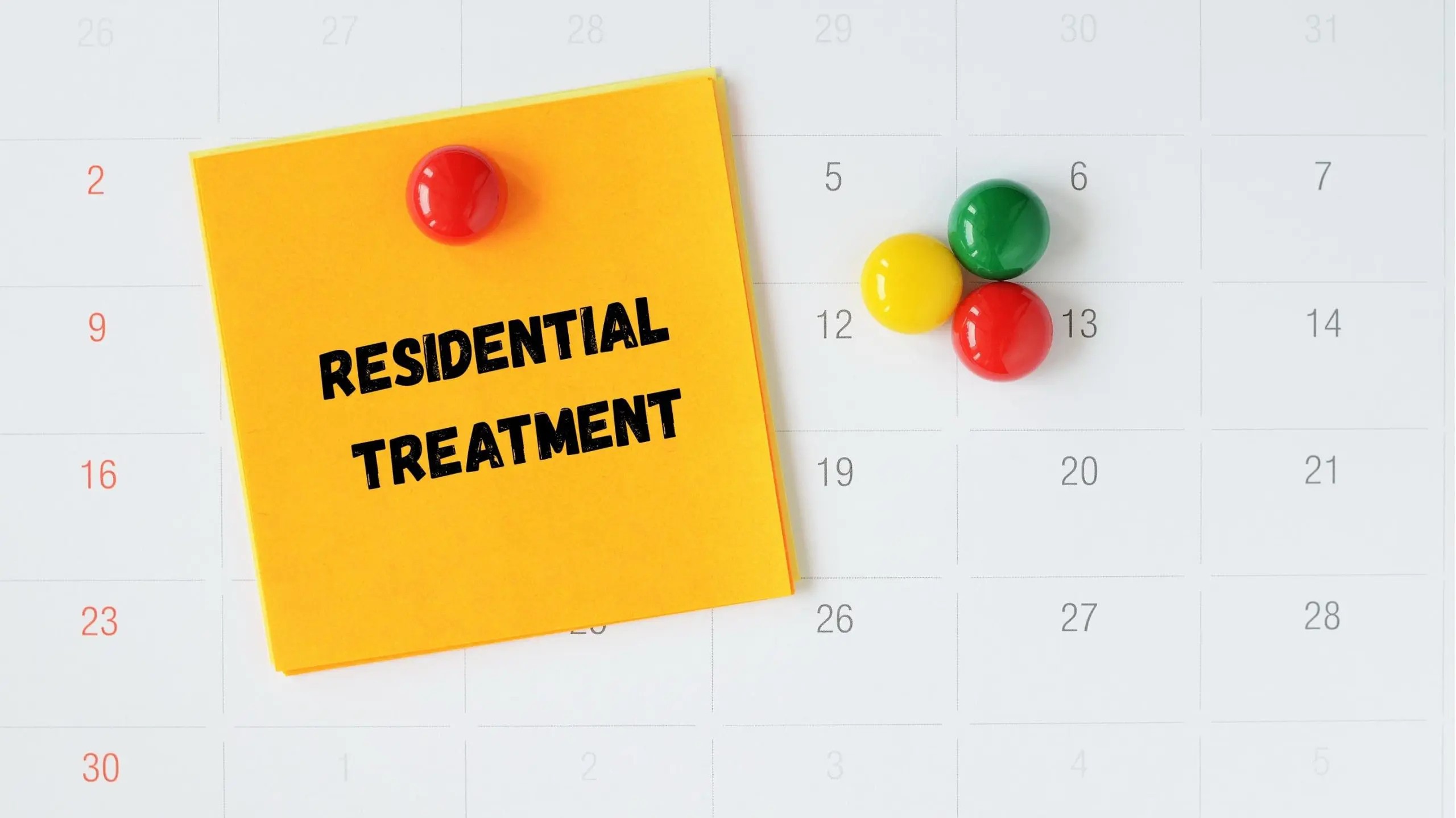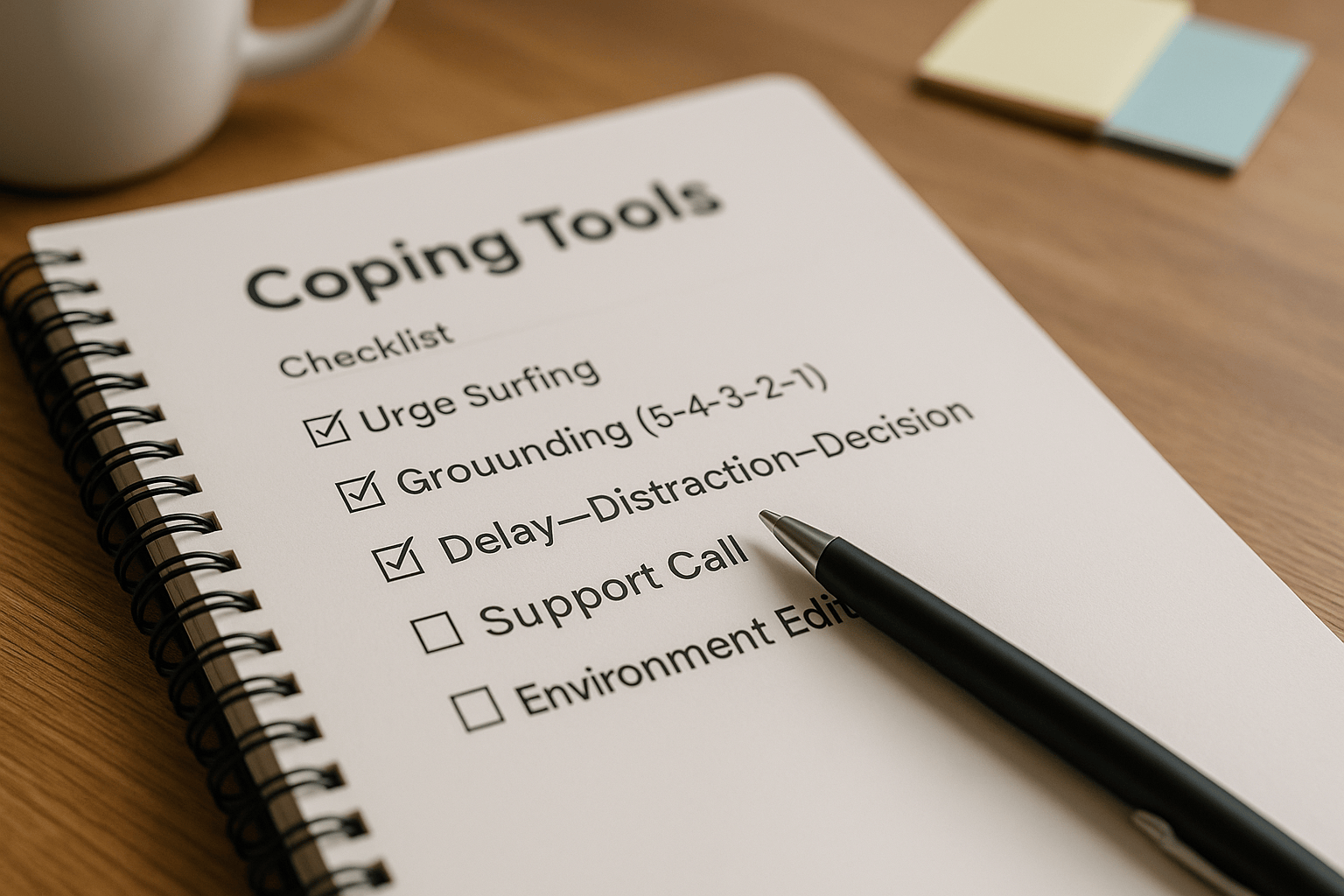

TL;DR: 12-step vs non-12-step rehab is a choice about fit. 12-step–aligned programs emphasize peer fellowship and abstinence support; non-12-step options use skills-based methods (CBT/MI/REBT) and secular peer groups. Below you’ll compare what each offers, when one may suit you better, and how Uplift blends options.
Your decision about 12-step vs non-12-step rehab should start with fit: which approach helps you show up consistently, practice skills, and feel supported? At Uplift Recovery in Pasadena, we help you compare options and build a plan that matches your needs, values, and schedule.
12-step–aligned care often includes Twelve-Step Facilitation (TSF)—a clinical therapy that helps people engage with 12-step mutual support (like AA/NA) while they receive professional treatment. TSF is structured and has evidence supporting outcomes for alcohol use disorder, especially continuous abstinence.
Non-12-step care emphasizes secular, skills-based methods such as CBT, MI, and REBT, and may connect you with alternatives like SMART Recovery, which focuses on motivation, coping with urges, and balanced living.
New to the basics? See our primer What Are the 12 Steps?

Use these questions to decide between 12-step vs non-12-step rehab (or a blend):
PS: You don’t have to pick one forever—many people start with one approach and add the other later. Combining clinical care with peer support that fits you is what matters most.
We personalize treatment in a supportive setting. Begin with Inpatient Detox if needed, then step into Residential Treatment where your team can recommend 12-step engagement, non-12-step alternatives, or a combination based on your goals.
Questions about coverage or timelines? Start with Insurance Verification or Contact our admissions specialists in Pasadena.
Choosing between 12-step vs non-12-step rehab is about what keeps you engaged and supported. If a path helps you show up, practice skills, and feel accountable, it’s the right starting point—Uplift can integrate both.
Ready to compare options with a clinician? Explore Residential Treatment, check Insurance Verification, or contact Uplift now.


Please complete the form below for Insurance Verification. Our Admissions team will get back to you shortly.
Unfortunately, we are unable to accept Medicare or Medi-Cal at this time.
Confidential | Cost Free | No Obligations
Please complete the form below for Insurance Verification. Our Admissions team will get back to you shortly.
Unfortunately, we are unable to accept Medicare or Medi-Cal at this time.
Confidential | Cost Free | No Obligations